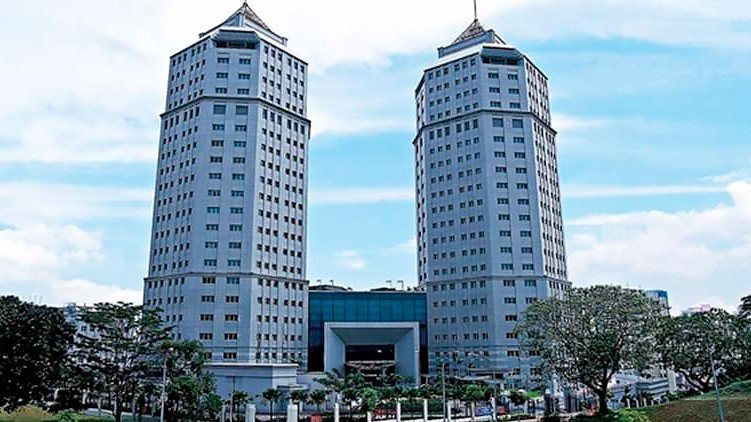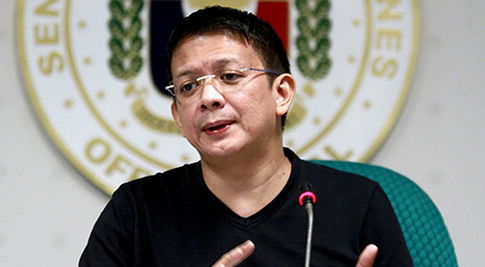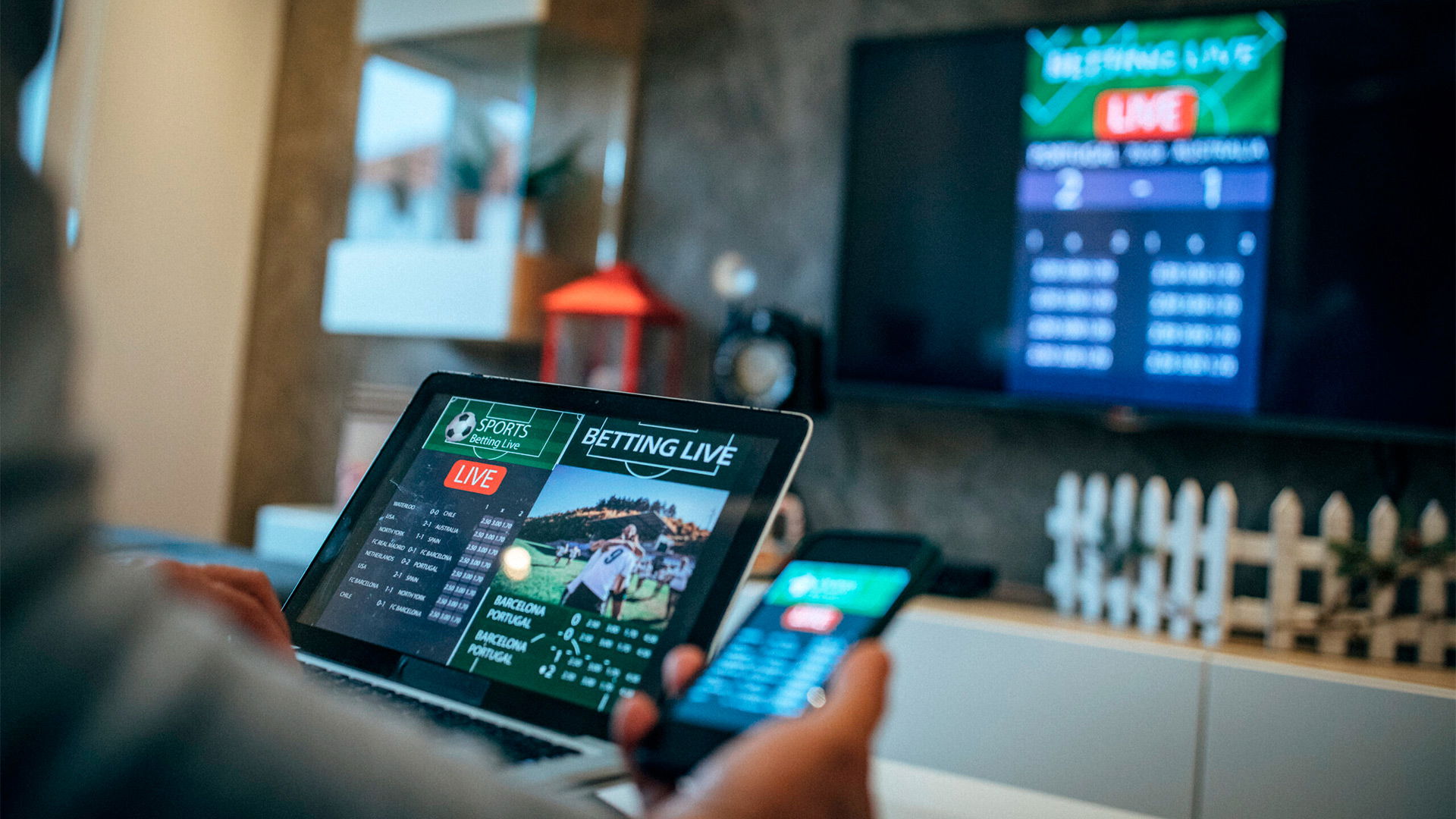Singapore seeks to streamline gambling regulation under one single body via two new bills

After the introduction of two new bills in the parliament for their first reading on Monday, Singapore’s Ministry of Home Affairs (MHA) said it expects to officially establish the state’s new gambling regulator, the Gambling Regulatory Authority (GRA) by mid-2022.
The Gambling Regulatory Authority of Singapore Bill (GRA Bill) and the Gambling Control Bill (GC Bill) have now been introduced to reconstitute the Statuary Board to regulate the entire gambling landscape in Singapore under one single body, and update gambling laws and regulatory approaches.
The country currently has four gambling regulating bodies: the Casino Regulatory Authority, in charge of Singapore’s two casinos; the Gambling Regulatory Unit in the Ministry of Home Affairs, which regulates online gambling services and fruit machines; the Singapore Totalisator Board, governing physical gambling services operated by Singapore Pools; and the Singapore Police Force, which takes enforcement action against unlawful gambling activities.
The creation of the Gambling Regulatory Authority intends to establish one single body that brings all oversight to the industry.
In an official statement released Monday, the MHA explained: “To stay ahead of technological and global trends, respond more adequately to emerging gambling products and take a more holistic and coherent approach to gambling policies and issues, we should rationalize and consolidate. The GRA Bill will establish the GRA as the single regulator for all forms of gambling. We aim to establish the GRA in mid-2022”.

To ensure the effectiveness of Singapore’s gambling laws, the MHA will amend them, starting with the new GC Bill that covers unlawful gambling offenses and regulation of non-casino gambling. “We will correspondingly repeal the Betting Act (BA), Common Gaming Houses Act (CGHA), Private Lotteries Act and Remote Gambling Act (RGA)”, the Ministry stated.
This implies a new three-tier penalty stucture applied consistently through phyiscal and online gambling offences, with the highest falling upon operators, then agents and then punters. Other enhanced penalties such as mandatory imprisonment for agents and operators and the criminalization of proxy gambling.
Even though Singapore’s pragmatic approach to gambling has been functional to their expectations, the MHA considers it needs to make sure their laws address two trends in the gambling landscape, including advancements in technology, such as mobile gambling; and the blurring boundaries between gambling and gaming, which require business models to readapt to customer preferences by introducing gambling elements in products that are not traditionally perceived as gambling. Among the key changes under the Gambling Control Bill, the definition of gambling will be amended to cover both existing and emerging betting products.
The new Gambling Authority will also legislate to provide an exemption for “social gambling” among friends and family, establish a licensing regime for products such as fruit machines, Singapore Pools’ products and gambling at private establishments, and introduce a class licensing regime for lower-risk gambling practices whereby products do not need to be individually licensed.
“In formulating our amendments, we have taken into account feedback provided by stakeholders during our engagement sessions, and those from the wider public through the REACH public consultation conducted in July/August last year”, the MHA stated.
The restructuring of gambling regulations in the country has been discussed since April 2020, and was expected to become effective back in 2021.

















































